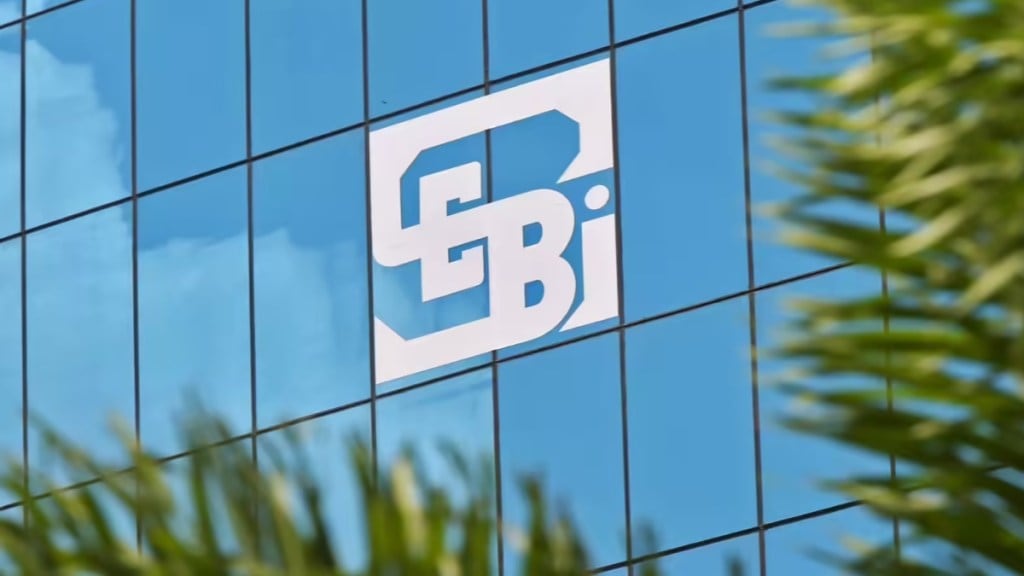Market regulator, Securities and Exchange Board of India (SEBI), made key announcements late Friday. SEBI announced some key reforms. The approved proposals included relaxing the minimum IPO requirements for very large companies, making it easier for low-risk foreign investors to participate in the Indian markets with the introduction of a single window access and simplifying compliance.
It has approved changes in the rules for public shareholding in companies that are valued over Rs 5 trillion. Further, the regulator announced key changes in share dilution norms. The market watchdog also announced the overhaul of its governance structure, and it defined the roles of top management and key managerial personnel.
SEBI approves smaller IPO size for large companies
The Securities and Exchange Board of India also reduced the proportion of shares that large companies looking to list must sell in a bid to facilitate fund-raising. It has approved IPOs for larger firms at 2.5% of the post-issue market cap and have allowed large firms upto 10 years to meet the 25% public float requirement.
According to SEBI Chairman, Tuhin Kanta Pandey, “4 more thresholds after Rs 4,000 crore have been created. Disclosure, the audit committee approvals remain the same in reports; the shareholders’ approval is becoming onerous for listed entities with high turnover. This problem is being addressed through a scale-based threshold.”
The SEBI Chairman added, “Diluting a substantial stake through an IPO can pose challenges, as the market may not be able to absorb such a large supply of shares, which in turn may discourage such issuers from pursuing listing in India.”
The market regulator observed that regular dilution post listing impacts issuers until the MPS requirements are complied with. “This may lead to price overhang due to the impending equity dilution, thereby adversely affecting the interests of existing public shareholders. Further, under the proposed MPO requirements, issuers are recommended to be permitted to list with a lower initial public float.”
SEBI on derivatives trading
The SEBI chairman, in his address to media after the board meeting, said that market regulator will also be circulating consultation paper on tenure for derivatives. The regulator may mull longer tenure of derivatives.
Ease for foreign investors
SEBI has made it easier for sovereign-backed and overseas retail funds to access the local markets through a single-window clearance system.
The board of the Securities and Exchange Board of India also reduced the proportion of shares that large companies looking to list must sell and announced simpler disclosures for low-value transactions between interconnected entities, or “related parties”.
Outflows from Indian markets have accelerated in recent months, pressured by steep U.S. tariffs, weak corporate earnings, and higher valuations versus Asian and emerging market peers. Foreign investors have withdrawn $11.7 billion from Indian equities and debt so far in 2025.
Governance framework change
SEBI to overhaul the governance framework of stock exchanges by mandating the appointment of two executive directors on the governing board of the Market Infrastructure Institutions.
Further, SEBI has announced for definition of the role of Managing Directors, Executive Directors, and specific key managerial personnel.
SEBI reduces maximum permissible exit load for Mutual Fund schemes
The market regulator, in a bid to boost financial inclusion in the Mutual Fund sector, has reduced the maximum permissible exit load to 3% from 5%. It has also revised the incentive structure for new inflows to Mutual Fund industry from cities beyond the to 30. There has been also a push to get new women investors on board through incentivising the distributors.
Additionally, the market regulator also eased disclosure and approval rules for small related-party transactions. The key changes are seen as steps to enhance the country’s attractiveness as an investment destination.

